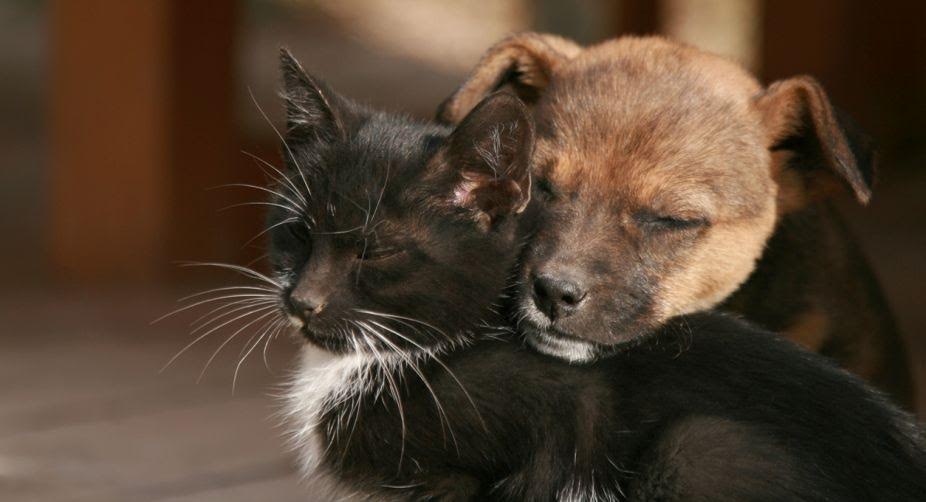Giving back to society encompasses a range of aspects. It involves working selflessly for humans or as the voice of the voiceless. Ranjana Rajpal, who has been working for the cause of stray animals since she was 14-years-old, has dedicated herself to the feeding, sterilisation and care of animals for the past 50 years. Over this period, she said, her hobbies took a back seat as did her own needs but she has absolutely no regrets. Her belief in a higher being gave her the strength to pursue this calling.
Siddharth Arora, a student of Class X, said he and his friends save food items and collect material like cardboard boxes or old clothes, especially for puppies born in winter. He stressed on the need for awareness drives, including preventive and protective measures both for animals and humans.
Advertisement
"True happiness" is the common response from most animal lovers, workers and activists, when asked what drives them. Suman Virwani, engaged in animal welfare for almost 30 years, agreed. She said each day is a new challenge and hopes the Animal Welfare Bill is passed in Parliament. She is one of the driving forces behind the "India Unites for Animals" movement, whose sole objective is to get this Bill passed. Her passion for the cause is reflected in a simple incident she cited. "Puchi, a rescued desi dog, stopped eating after my dad passed away in 2005, as a result of which she lost her life too. So deep was the affection that though we moved on, she just could not." Geeta Seshamani, vice-president, Friendicoes Seca, said her first inspiration was her father, who loved animals and thought that the best birthday gift for his five-year-old daughter was a new born pup, that had just lost its mother. Animals speak to her in the same way as humans communicate with one another. She added that attributes like patience, endurance, sensitivity and tolerance are the biggest lessons she learnt through her long association with animal care. All that matters to her, she added, is the unconditional love that the animals shower her with. That is the biggest reward. The milestones that have been achieved are many: enhancement of infrastructure and space for Friendicoes, launch of sterilisation/vaccination programmes, birth of Wildlife SOS and, most importantly, trying and saving each animal in need of care and love. This effort crosses borders too. Amanda Seth, who is Scottish, has been involved with Friendicoes for almost 30 years. Notwithstanding the challenges of space and finances, she applauded the fact that enhanced awareness, especially among the youth, has gone a long way to develop a win-win situation for both animals and humans.
Ranjana said every day is a milestone and offers a learning curve. She said earlier she would face aggression for her activities but now things have changed to a large extent. People have become more aware and accepting. That includes her family too. Sterilisation and vaccination drives have made her colony almost puppy-free and people are less worried about any untoward incidents. However, the loss of a beloved animal still hurts, though coming to terms with grief and letting go is an important lesson she has learnt in these years of service.
Of course, individuals cannot make as much of a difference as society jointly can. So, how can society contribute? Geeta’s advice is: "Try and keep an animal or help at a shelter. Save an animal from the street. Over the years, we have lost something very precious…a spontaneous familiarity and tolerance for animals in our landscape…the old rural partnering of man and animals…”
Ranjana suggested generation of more awareness through the media and stringent laws to prevent animal cruelty. Even small gestures like leaving a bowl of water outside the house during summer can go a long way, she said. In the words of Buddha, "All beings tremble before violence. All fear death, all love life. See yourself in others. Then whom can you hurt? What harm can you do?"











